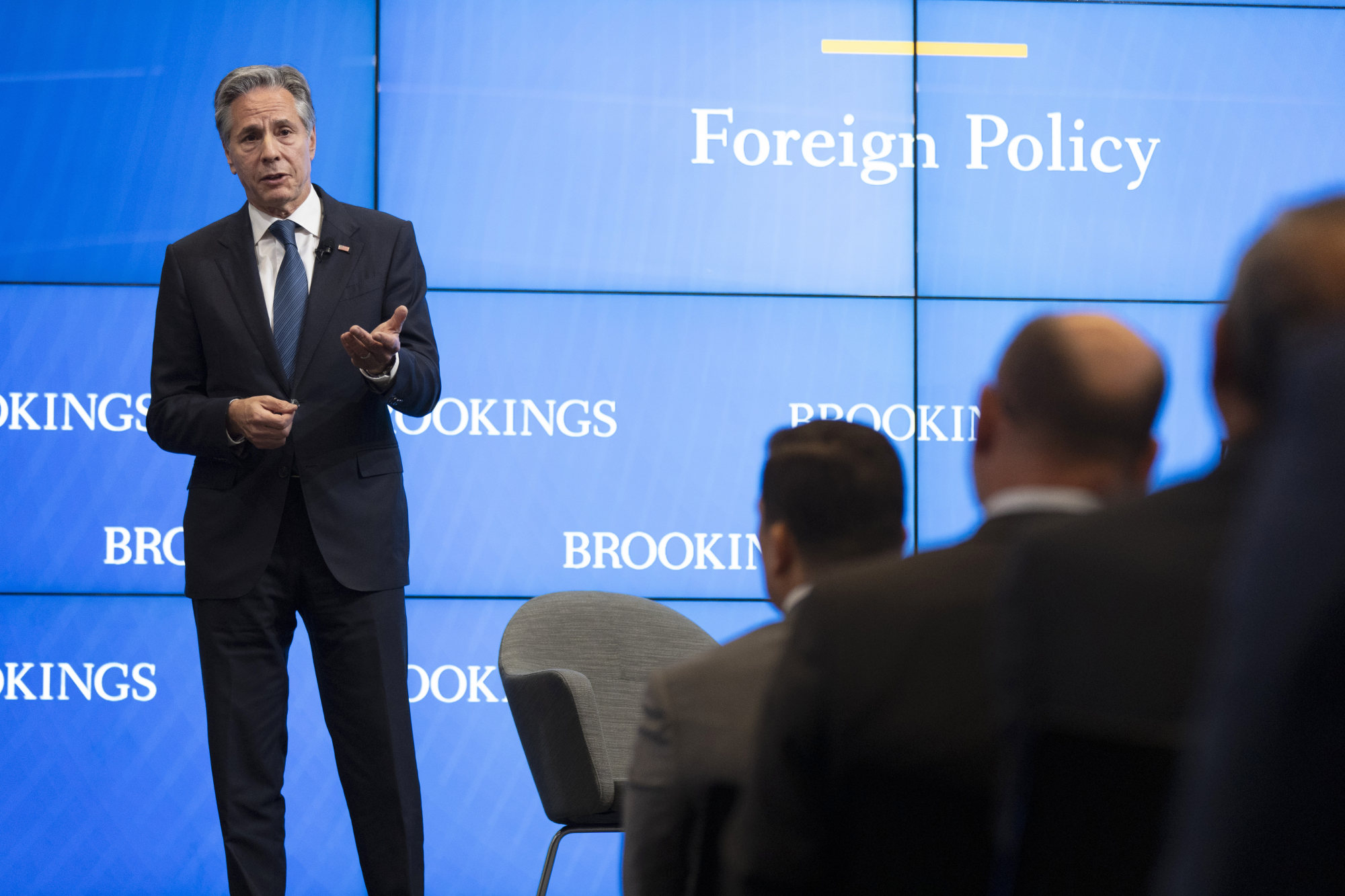Antony Blinken warns of threat to Europe as China helps Russia ‘sustain Ukraine war’
“Partners in Europe see challenges halfway around the world in Asia as being relevant to them, just as partners in Asia see challenges halfway around the world in Europe as being relevant to them,” Blinken said.
He pointed to a joint statement by Nato and Japanese Prime Minister Fumio Kishida last year that said “what happens in Europe could happen in Asia tomorrow” regarding Russia’s war on Ukraine.
Australia, New Zealand, Japan and South Korea are Nato’s partners in the Indo-Pacific region and will take part in the summit, which starts on July 9. They will gather with leaders of 32 member countries over the three-day summit, the first since Sweden joined the security alliance.

“The growing alignment between Russia and its authoritarian friends in Asia makes it even more important that we work closely with our friends in the Indo-Pacific,” Stoltenberg said.
Blinken said Nato was “moving to make sure that we have the right defences across the alliance where they are needed, where they matter”.
“This has been a clear trajectory for the last three and a half years. I do not actually see that changing, irrespective of the politics of the moment,” he said.
Blinken also echoed Stoltenberg’s call for closer partnerships. He said the US would continue to confront challenges posed by China “having reinvested in our alliances and partnerships”, adding that Beijing’s relationship with Russia “has profound repercussions for Europe”.
“China [is] making, in effect, investments in Russia’s defence industrial base in ways that are allowing it to continue the aggression – not providing arms directly to Russia, but providing all the inputs necessary for it to sustain this war,” he said, pointing out that a majority of machine tools and microelectronics imported by Russia are from China.
“A massive production now we have seen of tanks, of munitions, of missiles – again, enabled by this defence industrial base, despite the important impact that sanctions and export controls have had,” he said.